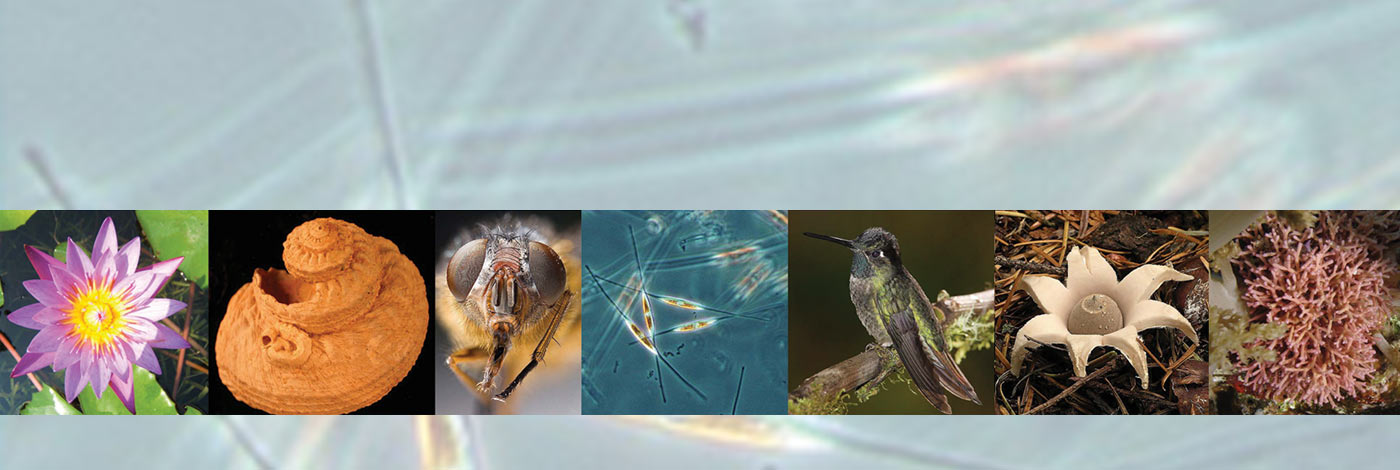

 European Journal of Taxonomy
823 (64) - Pages 64-81
European Journal of Taxonomy
823 (64) - Pages 64-81Tardigrades reports from British Columbia (Canada) trace back to 1908 and numerous species have been recorded from this region, despite the relatively few published sampling studies. We describe by integrative taxonomy (light microscopy morphology, morphometrics, and DNA sequencing) a new tardigrade species, Sisubiotus hakaiensis sp. nov. from the British Columbia central coast. The new species has been found in moss collected from a vertical rock outcrop near the Hakai Institute Calvert Island Field Station. Sisubiotus hakaiensis sp. nov. differs from all the other known species in the genus by the presence of a labyrinthine layer inside the egg process walls, whereas no consistent differences in the animals were found. This unique egg characteristic therefore required the amendment of the Sisubiotus generic diagnosis to account for the presence of the labyrinthine layer inside the egg process walls.
Hakai, BC central coast, egg morphology, tardigrades, integrative taxonomy